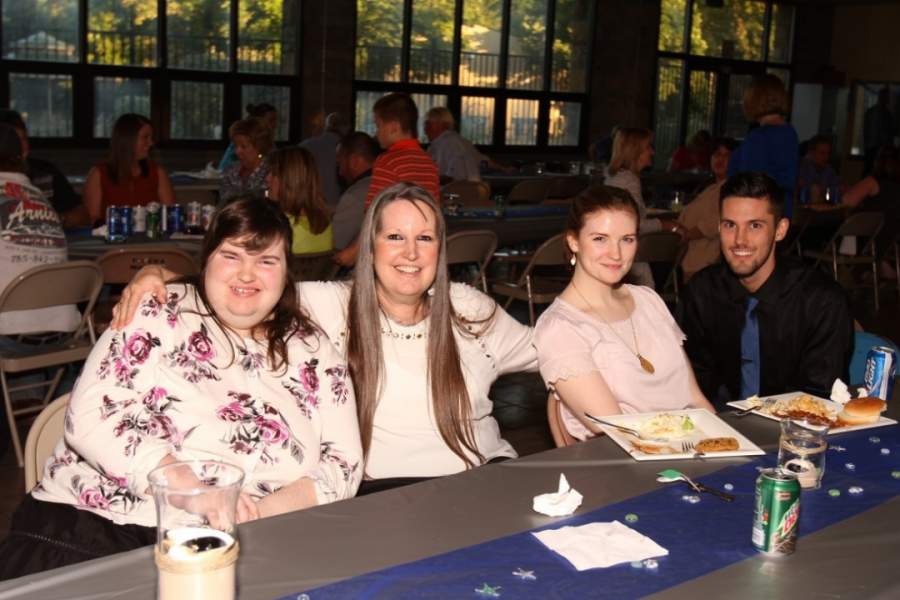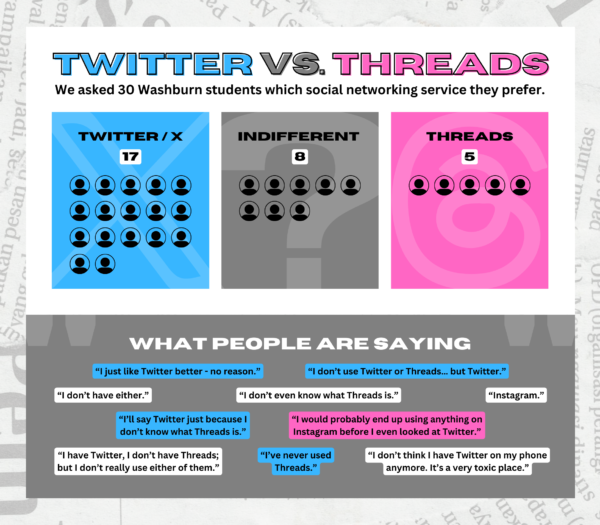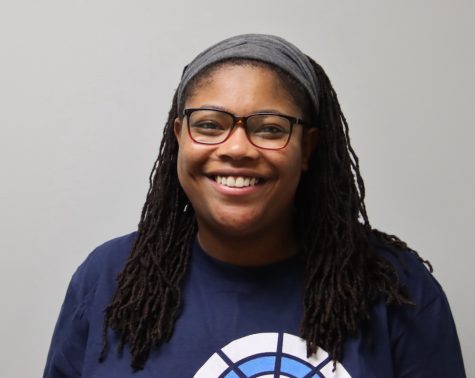Gene Testing at 25: What you need to know about the process
Andrea Walker (left), Sharon Hisey, Ellie Walker (center), Aaron Walker (right). August 9, 2017.
Breast cancer is prominent in my family. My maternal grandmother and two maternal aunts were diagnosed with breast cancer in their 40s. My mom died from breast cancer almost two years ago, despite getting a mastectomy after her first cancer diagnosis. Because of this family history, my aunt recommended I get a gene test to see if I have the BRCA 1 or BRCA 2 gene. These genes raise a person’s chance of getting breast cancer from the average 12% to 69% and 72%.
I made an appointment at the University of Kansas Hospital in Kansas City. They sent me some forms on my health and family history that a nurse would verify before my appointment. After I filled out the paperwork to check in, a nurse took my vitals and I met with Dr. Laura Nye to discuss the process.
Dr. Nye recommended that regardless of the outcome of the test, I should begin annual mammograms when I turn 30. Because the Cancer Association recommends screening 10 years before the age a relative was diagnosed. Since the women in my family had cancer in their 40s, I need to stay ahead of anything that could develop.
For the gene testing, I expected to have my blood drawn. Luckily, the process wasn’t as demanding as I thought. Dr. Nye had me spit into a vial that would be sent off to a lab to be examined. She told me I should receive the results in three to four weeks. If I were to test positive for one of the genes, we would move forward with options such as additional testing and possibly a preventative mastectomy in the future.
A few things I had to consider before testing was health insurance and a life insurance policy. If testing shows you have a cancer gene, your health insurance provider can raise your rates. A life insurance policy may become unattainable since companies can raise prices if you have a preexisting condition. Ultimately, it is up to the individual whether the test would be beneficial. I decided it is better to know, so I can take steps to avoid the consequences of having this gene.
There are a lot of emotions that come with waiting for the results. There is hope that it will come back that I don’t have the BRCA 1 or BRCA 2 genes but also a part of me wants a logical explanation for why most of the women on my mom’s side end up with this illness. Regardless of the outcome, I try to remind myself that life is unpredictable and should be enjoyed rather than controlled.
Edited by: Donna Whipple, Matthew L. Self
Your donation will support the student journalists of Washburn University. Your contribution will allow us to purchase equipment and cover our annual website hosting costs.















